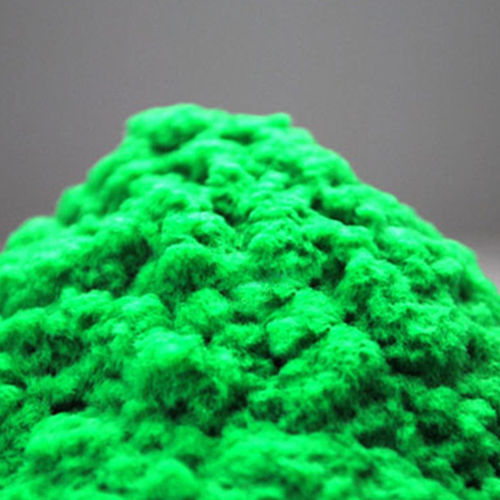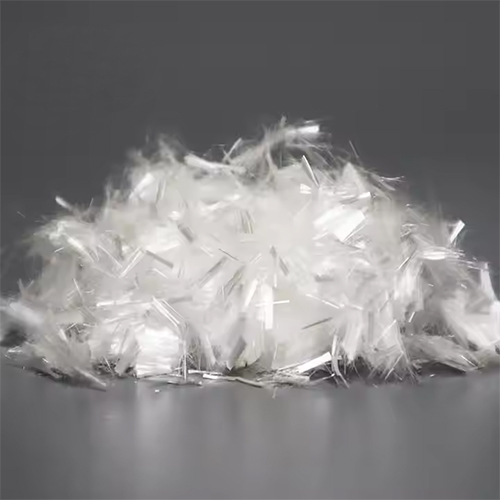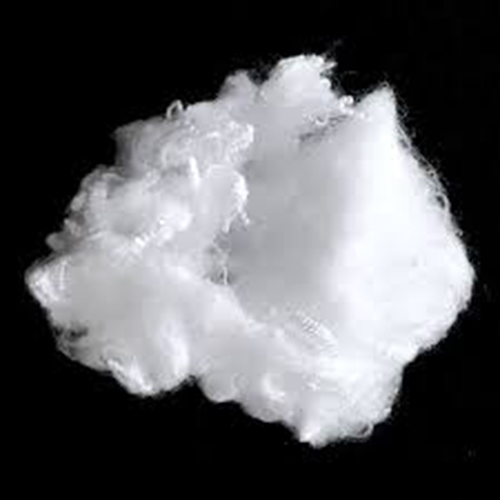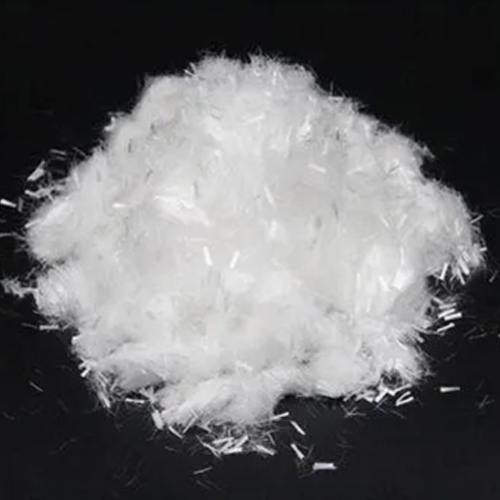Lyocell Fiber

Lyocell fiber is a type of cellulose-based fiber that has gained significant attention in recent years due to its sustainable and eco-friendly nature. It is made from wood pulp sourced from renewable tree farms, making it a favorable choice for environmentally conscious consumers.
Market Position:
Lyocell fiber boasts a strong market position, primarily driven by increasing demand for sustainable textiles. With the growing emphasis on sustainability in the fashion industry, lyocell fiber has positioned itself as a frontrunner due to its low environmental impact and superior performance.
Production Process:
The production process of lyocell fiber involves transforming wood pulp into a versatile and durable fiber through a closed-loop solvent spinning technique. This technique ensures minimal waste generation and efficient use of resources, making it an environmentally responsible choice.
Product Advantages:
Lyocell fiber offers several advantages over traditional fibers in terms of performance and sustainability. Firstly, it has excellent moisture absorption properties, wicking moisture away from the body and ensuring superior comfort. Additionally, lyocell fiber is known for its ability to regulate body temperature, keeping the wearer cool in hot weather and warm in cold conditions.
Product Features:
Lyocell fiber stands out for its exceptional strength and durability. It possesses a natural luster and smooth surface, giving fabrics an elegant and luxurious appearance. Furthermore, lyocell fiber has excellent color retention and is resistant to wrinkling, making it ideal for creating long-lasting and high-quality garments.
Application Fields:
Lyocell fiber finds wide application across various industries, including fashion, home textiles, and medical textiles. In the fashion industry, it is commonly used in apparel items such as dresses, shirts, and denim due to its versatility and comfort. Moreover, lyocell fiber is also utilized in bed linens, towels, and upholstery fabrics, offering a luxurious and sustainable alternative to conventional materials.
Future Prospects:
The future prospects for lyocell fiber are incredibly promising. As consumers increasingly prioritize sustainability, the demand for eco-friendly textiles will continue to rise. Lyocell fiber’s impressive combination of environmental benefits and performance characteristics positions it as a key player in the shift towards a more sustainable fashion industry.
In conclusion, lyocell fiber is a sustainable and high-performance alternative to traditional fibers. Its market position is strong, driven by the demand for environmentally friendly textiles. With its superior moisture absorption, temperature regulation, and durability, lyocell fiber finds application across various industries. Looking ahead, its future prospects are bright as sustainability becomes a focal point in the global fashion market.
Here is an introduction to the characteristics and uses of Lyocell fiber in tabular form:
| Characteristics | Description |
|---|---|
| Texture | Soft, smooth, and lustrous |
| Breathability | Excellent breathability, high comfort |
| Moisture absorption | High moisture absorption, strong moisture regulation capability |
| Durability | Good abrasion resistance, not easily damaged |
| Wrinkle resistance | Wrinkle-resistant, easy to maintain a smooth appearance |
| Color | Easily dyed, vibrant colors |
| Eco-friendliness | Renewable raw material source, production process produces no pollutants |
| Uses | Lyocell fiber is commonly used in the production of clothing, bedding, curtains, textiles, etc. It can also be used in the manufacture of non-woven fabrics, filter paper, etc. |
In summary, Lyocell fiber offers excellent comfort, breathability, and moisture absorption, making it suitable for producing comfortable clothing and home textiles. Its environmentally friendly properties have also garnered significant attention and application within the textile industry.
| Parameter | Specification | Unit | Notes |
|---|---|---|---|
| Fiber Type | Lyocell / Tencel | – | A brand name for a type of Lyocell fiber |
| Denier | 1.3 | g/9000m | Fine fibers commonly used in textiles |
| Tenacity (Dry) | 45 | cN/tex | High strength for use in durable fabrics |
| Tenacity (Wet) | 30 | cN/tex | Retains more strength when wet compared to other cellulosic fibers |
| Elongation at Break (Dry) | 12 | % | Allows for some stretch in the fabric |
| Elongation at Break (Wet) | 15 | % | Typically higher than when dry |
| Moisture Regain | 13 | % | Higher than cotton, making it feel more comfortable in humid conditions |
| Specific Gravity | 1.5 | – | Heavier than some other synthetic fibers |
| Fiber Length | 38 | mm | Suitable length for spinning fine yarns |
| Color | Raw white | – | Can be dyed to different colors |
| Luster | Matte | – | Preferred for non-shiny appearance |
| Cross-Section | Round | – | Provides smoothness to the fabric |
| Shrinkage | 3 | % | Low shrinkage for stable fabric dimensions |
| Antibacterial Properties | None inherent | – | Can be enhanced with finishing treatments |
| Biodegradability | 100 (under industrial conditions) | % or rating | Fully biodegradable in the right conditions |
| Solvent Used in Spinning | NMMO (N-Methylmorpholine N-oxide) | – | Less toxic and more environmentally friendly than many alternatives |
| Closed-loop Process Efficiency | 99.7 | % | High recovery rate of solvent minimizes environmental impact |
RECOMMENDED PRODUCTS
- View details
Nylon Flocked Short Fibers
Nylon Flocked Short Fibers
- View details
PVA Fiber
PVA Fiber
- View details
Bicomponent Fiber
Bicomponent Fiber
- View details
PE Fiber
Polyethylene fiber
loading…
已经是到最后一篇内容了!
 DC New Material
DC New Material







